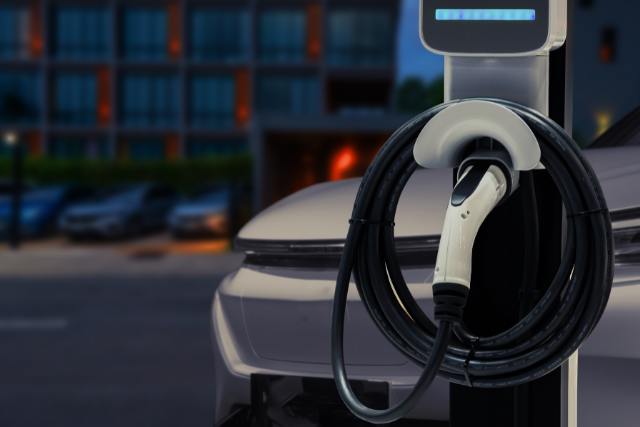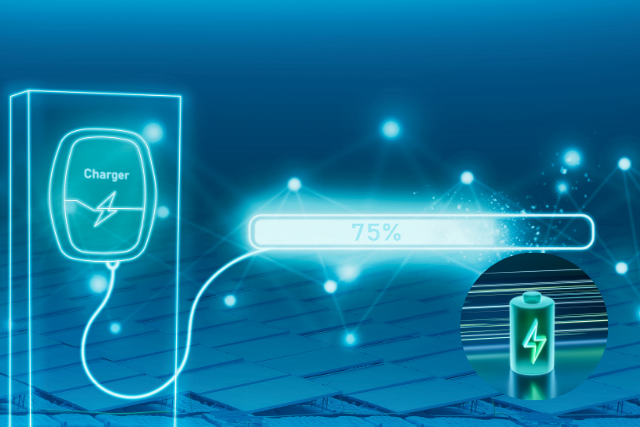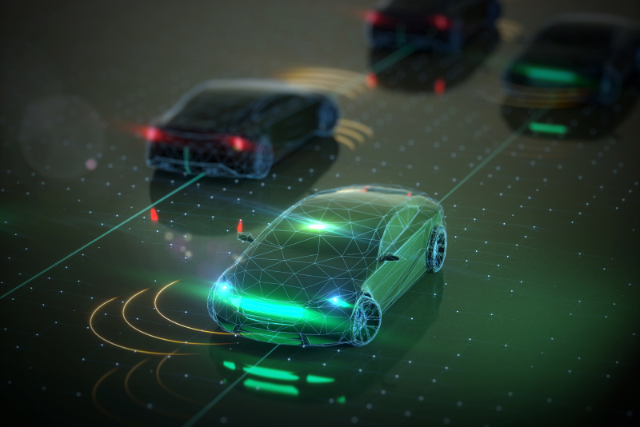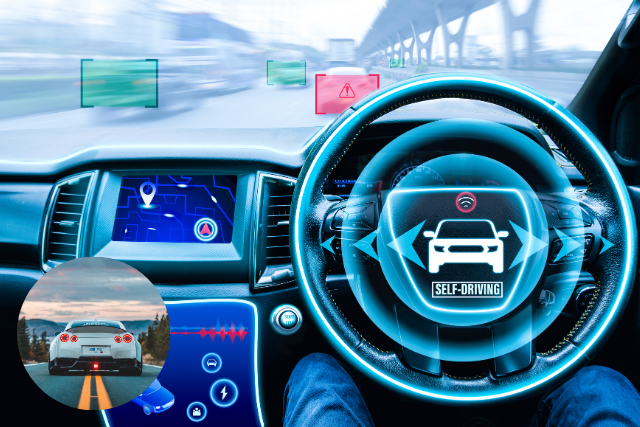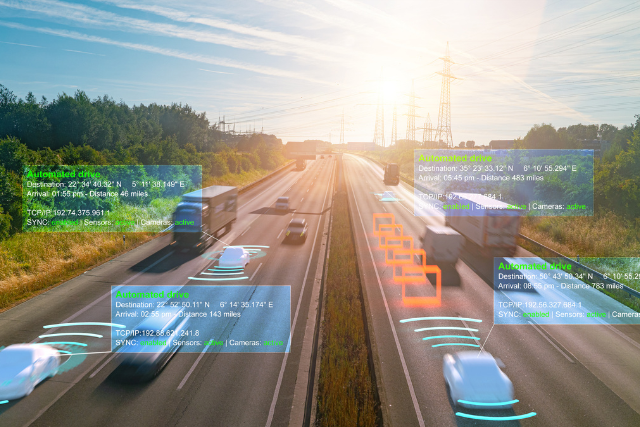The electric vehicle (EV) revolution is well underway, transforming the automotive industry and driving us toward a more sustainable future.
As the number of EVs on the road increases, so does the need for efficient and accessible charging solutions.
Innovations in EV charging technology are crucial for supporting the widespread adoption of electric vehicles and ensuring that drivers have the confidence to make the switch from traditional gasoline-powered cars.
The Importance of Advanced Charging Technology
Enhancing Convenience and Accessibility
Advanced charging technologies aim to make EV charging as convenient and accessible as possible. This includes increasing the availability of charging stations, reducing charging times, and improving the overall user experience.
These innovations are essential for addressing the concerns of potential EV buyers and encouraging more drivers to choose electric.
Supporting Sustainable Energy
Innovations in EV charging technology also play a crucial role in supporting sustainable energy initiatives. By integrating renewable energy sources and smart grid technology, advanced charging solutions can reduce the environmental impact of electric vehicles and contribute to a cleaner energy future.
Latest Innovations in EV Charging Technology
Ultra-Fast Charging
Breakthroughs in Charging Speed
One of the most significant advancements in EV charging technology is the development of ultra-fast charging. These chargers can deliver much higher power levels, drastically reducing the time needed to recharge an EV.
Companies like Tesla and Ionity are leading the way with ultra-fast charging stations capable of delivering up to 350 kW of power, enabling EVs to charge in as little as 15-20 minutes.
Benefits for Drivers
Ultra-fast charging stations are particularly beneficial for long-distance travel, making it easier for EV owners to take road trips without worrying about extended charging stops. This technology is a game-changer for the EV market, addressing one of the most significant barriers to adoption: charging time.
Wireless Charging
Inductive Charging Technology
Wireless or inductive charging is another exciting innovation in the EV industry. This technology allows EVs to charge without the need for physical connectors. Instead, it uses electromagnetic fields to transfer energy between a charging pad on the ground and a receiver on the vehicle.
Companies like WiTricity are at the forefront of developing and commercializing wireless charging solutions.
Convenience and Practicality
Wireless charging offers unparalleled convenience for EV owners. Drivers can park their vehicles over a charging pad, and the charging process will begin automatically.
This eliminates the need for plugging in and unplugging, making it ideal for residential use and public charging stations.
Smart Charging
Integration with Smart Grids
Intelligent charging technology integrates EV chargers with smart grids, allowing for better energy demand and supply management.
This technology enables dynamic pricing, load balancing, and energy storage, making the charging process more efficient and cost-effective.
Companies like ChargePoint are pioneering innovative charging solutions that enhance the interaction between EVs and the grid.
Benefits of Energy Management
Smart charging can help stabilize the grid by shifting charging times to periods of low demand, reducing the strain on the electrical infrastructure.
Smart charging can prioritize using renewable energy sources, further decreasing the environmental impact of EVs.
Vehicle-to-Grid (V2G) Technology
Bidirectional Charging
Vehicle-to-grid (V2G) technology allows EVs to draw power from the grid and return it when needed. This bidirectional charging capability turns EVs into mobile energy storage units supporting the grid during peak demand times.
Companies like Nuvve are leading the development of V2G technology.
Enhancing Grid Stability
V2G technology enhances grid stability by providing a distributed energy storage solution. EV owners can potentially earn money by supplying power back to the grid, creating a new revenue stream, and further incentivizing the adoption of electric vehicles.
Solar-Powered Charging Stations
Harnessing Renewable Energy
Solar-powered charging stations combine EV charging with renewable energy generation. These stations use solar panels to generate electricity, which is then used to charge EVs.
Companies like Envision Solar are creating innovative solar-powered charging solutions that can be installed in parking lots and public spaces.
Environmental Benefits
Solar-powered charging stations reduce the reliance on fossil fuels and decrease the carbon footprint of electric vehicles. These stations contribute to a more sustainable and environmentally friendly transportation system by harnessing renewable energy.
Challenges and Considerations
Infrastructure Development
Expanding Charging Networks
One of the primary challenges in EV charging technology is expanding the charging infrastructure to meet the growing demand.
Governments, private companies, and utilities must collaborate to build a comprehensive network of charging stations covering urban and rural areas. Investments in infrastructure development are crucial for supporting the widespread adoption of electric vehicles.
Standardization
Ensuring Compatibility
As new charging technologies emerge, standardization becomes increasingly important. Ensuring that all EVs and charging stations are compatible is essential for a seamless charging experience.
Industry stakeholders must work together to establish common standards and protocols for EV charging.
Cost and Accessibility
Making Charging Affordable
While advanced charging technologies offer numerous benefits, they can also be expensive to develop and implement. Governments and companies must find ways to make these technologies affordable and accessible to all EV owners.
Financial incentives, subsidies, and innovative business models can help lower the cost of EV charging and encourage adoption.
Conclusion
The Future of EV Charging
The future of EV charging technology is bright, with numerous innovations set to transform how we power our vehicles. From ultra-fast charging and wireless solutions to smart grids and solar-powered stations, these advancements are making EVs more convenient, efficient, and sustainable.
Embracing Change
As the automotive industry continues to evolve, embracing these technological advancements is crucial for accelerating the transition to electric vehicles.
Policymakers, industry experts, and consumers must work together to overcome challenges and ensure that transportation’s future is green and electrified.
By staying informed about the latest innovations in EV charging technology, we can all play a part in driving toward a cleaner, more sustainable future.

